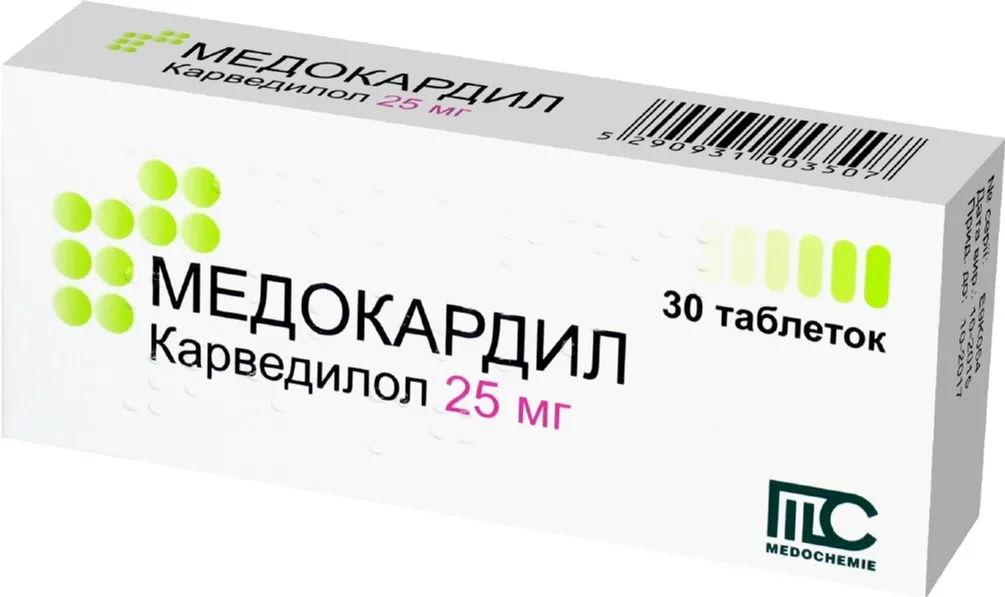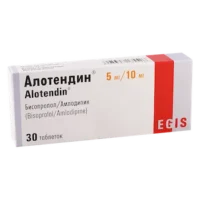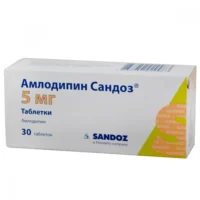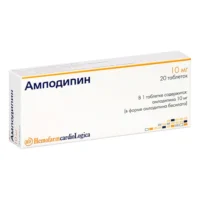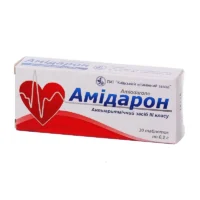Description
Medocardil (Carvedilol) Tablets 25 mg. №30
Ingredients:
- Each tablet contains 25 mg of carvedilol.
Dosage:
- The usual dosage is one tablet twice daily with food.
Indications:
- Medocardil is indicated for the treatment of hypertension, heart failure, and left ventricular dysfunction following myocardial infarction.
Contraindications:
- Do not use Medocardil if you have asthma, severe bradycardia, or heart block.
Directions:
- Take Medocardil exactly as prescribed by your healthcare provider. Do not stop taking the medication abruptly.
Scientific Evidence:
Carvedilol, the active ingredient in Medocardil, is a non-selective beta-blocker with additional alpha-blocking properties. It has been extensively studied in various clinical trials for its efficacy in managing hypertension and heart failure. Research has shown that carvedilol reduces mortality and hospitalizations in patients with heart failure, making it a cornerstone in the treatment of this condition.
Additional Information:
- It is important to regularly monitor blood pressure and heart rate while taking Medocardil.
- Some common side effects include dizziness, fatigue, and low blood pressure.
- Carvedilol’s unique pharmacological profile allows it to not only reduce blood pressure but also improve cardiac function by blocking harmful pathways that lead to heart failure progression.
- This dual action makes it a valuable therapeutic option for patients with cardiovascular conditions.

